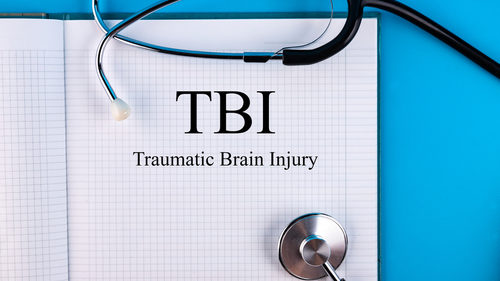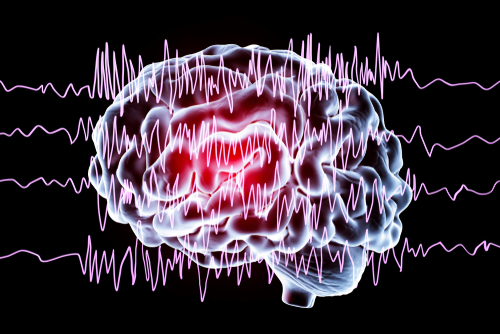The Centers for Disease Control and Prevention (CDC) defines a traumatic brain injury (TBI) as “a disruption in the normal function of the brain that can be caused by a bump, blow, or jolt to the head, or penetrating head injury.” The brain is arguably the most complex organ, as it not only controls all functions of one’s body, but also interprets all external stimuli. Due to its complexity, when the brain suffers an injury, the effects are often unknown (as they will be distinct to the individual) and TBI symptoms can range from mild to severe. Traumatic brain injuries are not uncommon, as the CDC estimates nearly 2.8 million Americans sustain a TBI each year.
Causes
Traumatic brain injuries occur as a result of a traumatic injury or blow to the head or body. The severity of a TBI is dependent upon several factors (e.g. force of the impact, nature of the injury, etc.). The Mayo Clinic lists the following common events that could cause a TBI:
- Violence
- Sports injuries
- Vehicle-related collisions
- Falls
- Explosive blasts
- Other combat injuries
It is important to note that not all blows or jolts to the head result in a severe TBI. In fact, according to the CDC, mild traumatic brain injuries (MTBI), also referred to as concussions, are far more common.
Symptoms
The physiological symptoms that could present from a TBI are wide-ranging. Further, some symptoms may develop immediately after the traumatic event, while others may appear days or even weeks later. Possible symptoms of a TBI could include, but are not limited to, any combination of the following examples, as provided by the Mayo Clinic:
- Nausea
- Headache
- Vomiting
- Dizziness
- Fatigue
- Blurred vision
- Visual and/ or auditory sensitivity
- Loss of consciousness
- Convulsions and/ or seizures
- Dilation of one or both pupils
- Loss of coordination
- Weakness or numbness in fingers and/ or toes
- Slurred speech
- Agitation
- Inability to awaken from sleep
- Clear fluids draining from the ears and/ or nose
No two brains are the same, and as such no two traumatic brain injuries, even if they occur as a result of the same trauma, will be identical.
Treatment
In order to properly treat a TBI the severity of one’s injury must be determined. When assessing the severity of a traumatic brain injury, medical health professionals typically rely on the Glasgow Coma Scale. This is a 15-point test that checks an individual’s ability to follow directions (e.g. moving one’s eyes and limbs). Medical professionals will also consider an individuals ability to speak coherently when distinguishing the severity of the TBI. There are a variety of treatment methods used when treating a traumatic brain injury. The severity of the TBI will also greatly inform what is included in one’s treatment plan. Depending on the individual any combination of the following interventions could be included in one’s treatment plan:
- TMS (transcranial magnetic stimulation)
- Neurofeedback Biofeedback
- Hormone Evaluation
- Targeted Nutraceuticals
- Psychotherapy
- Integrative Medicine
- Brain Health Nutrition Coaching
- Sleep Coaching
Each individual is unique and will require a customized treatment plan. Most individuals that have suffered a moderate to severe traumatic brain injury will likely require additional rehabilitation. Rehabilitation specialists could include but are not limited to: occupational therapists, physiatrists, speech and language pathologists, physical therapists, neuropsychologists, recreational therapists, and more. Rehabilitative therapies can be beneficial as they help an individual relearn basic fine and gross motor skills (e.g. walking, speaking, writing, etc.) as well as improve their ability to perform daily activities independently.
For Information and Support
If you are concerned for yourself or a loved one in regards to substance abuse and/ or addiction we recommend reaching out for help as soon as possible. If left untreated, substance abuse can result in long lasting and potentially life-threatening consequences. Keep in mind: you are not alone! There is an entire network of professionals that are available to help and support you and your loved one throughout the recovery process. The earlier you seek support, the sooner your loved one can return to a happy, healthy, and fulfilling life.
Please do not hesitate to reach out with any questions regarding our specific program at Haven House Addiction Treatment and/ or general substance abuse and/ or addiction treatment related information. Our highly trained staff is readily available to discuss how we might best be able to help you and your loved one. We can be reached by phone at 424-258-6792. You are also welcome to contact anytime us via email at admissions@hhtxc.com.



